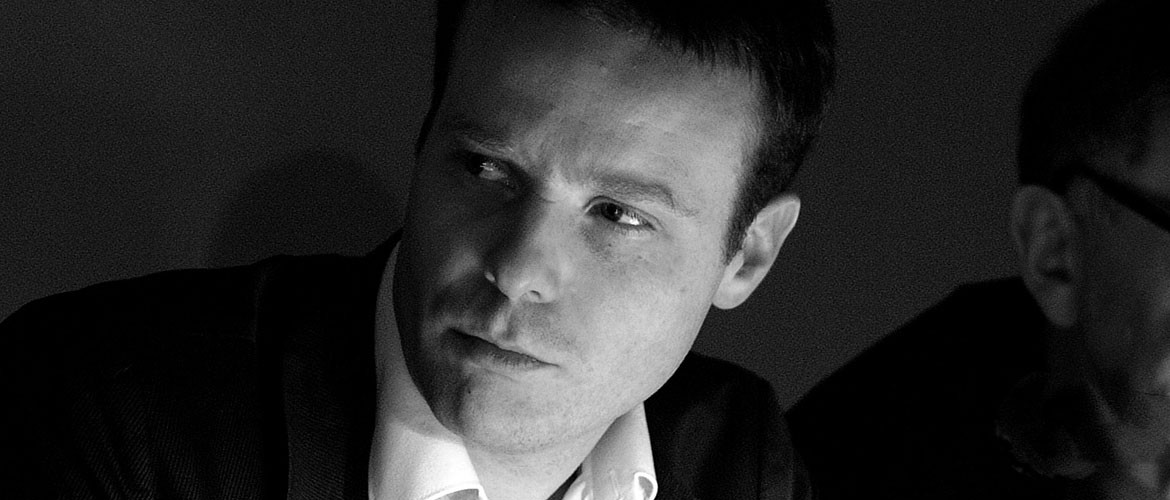If you want a happy, relaxed book to enjoy in the next few weeks, don’t go to the Man Booker Prize shortlist. The chairman of the prize panel has described the six novels as “pretty grim”.
The subject matter includes murder, violent drug deals and the misery of immigrant workers trying to secure a better life. Selecting the books had not been a “laugh a minute”, Prof Michael Wood, chair of the judges, said.
“Frankly, they’re pretty grim, these books. It’s quite interesting to work out how as a reader one can have such pleasure in books when such terrible stuff happens.”
Pleasure? Nobody reads for pleasure, surely. The classics of literature are full to brim with murder, madness, revenge and misery.
Apocalypse now
A brief survey of famous books of the last sixty years reveals an unremitting catalogue of human misery. Lord Of The Flies: kids kill each other in a return to savagery. 1984: man struggles to stay sane in totalitarian state.
Lolita: narcissistic older bloke wrecks life of young girl. Catcher In The Rye: vulnerable kid is baffled by modern society.
The Handmaid’s Tale: Women become slaves to men. The Wasp Factory: adolescent recalls several murders.

Recently lauded books such as The Road, A Girl Is A Half Formed Thing and The Narrow Road To The Deep North specialise in apocalyptic scenarios, abuse and cruelty.
I could say something high-minded here about literature revealing other worlds to us, and making us consider the world in new and revealing ways. This may be true.
But for most of us, all we really want to do is escape. “Man cannot bear very much reality,” said T S Eliot. And fantasy remains the predominant way we consume entertainment, novels or otherwise.
Authors are a gloomy bunch
Whether its Lord Of The Rings, James Bond (who has been recently resurrected, once again, by University of York alumni Anthony Horowitz), or Fifty Shades, fantasy in all its forms is the dominant choice for readers and viewers.
We want another world that we can scurry off to when we open a book or gawp at a screen. And difficult, painful reads will find fewer readers than the jolly and the trivial.
My last book was collection of poems that depicted end of the world scenarios. It was devoured by fans of gloomy poetry, of whom there are at least 12 in the UK.
In an attempt to write something more commercial, my next is a fantasy story for kids.

So why do writers keep coming up with more abuse, torture and rape? It depends on the temperament, but as whole writers like to see the glass as half empty rather than half full.
And perhaps there’s more drama to be had from violence and nastiness. And as the darkness of the world crouches at our door, it’s hard to escape scenarios of war and strife.
Beset by bad news in media broadcasts, the relentless misery of other nations and insanity of some world leaders is hard to refute.
Time for a laugh?
There’s an unspoken rule in modern literary prizes that serious content equates with a book that is more ‘worthy’.
This is a shame, because some of our most famous writers have dealt more in comedy: P G Wodehouse, Terry Pratchett, Douglas Adams, Helen Fielding, Nick Hornby and the great Anthony Trollope have all made readers laugh out loud over the years.
But it seems that the Booker Prize, and similar awards, shy away from the comic.
It would be fantastic to see a great comic novel emerge that was celebrated in the prize lists. Something that made us laugh, told a good story, maybe even made us think, but wasn’t laden down with misery.
I’d buy it. It’d make a change.

